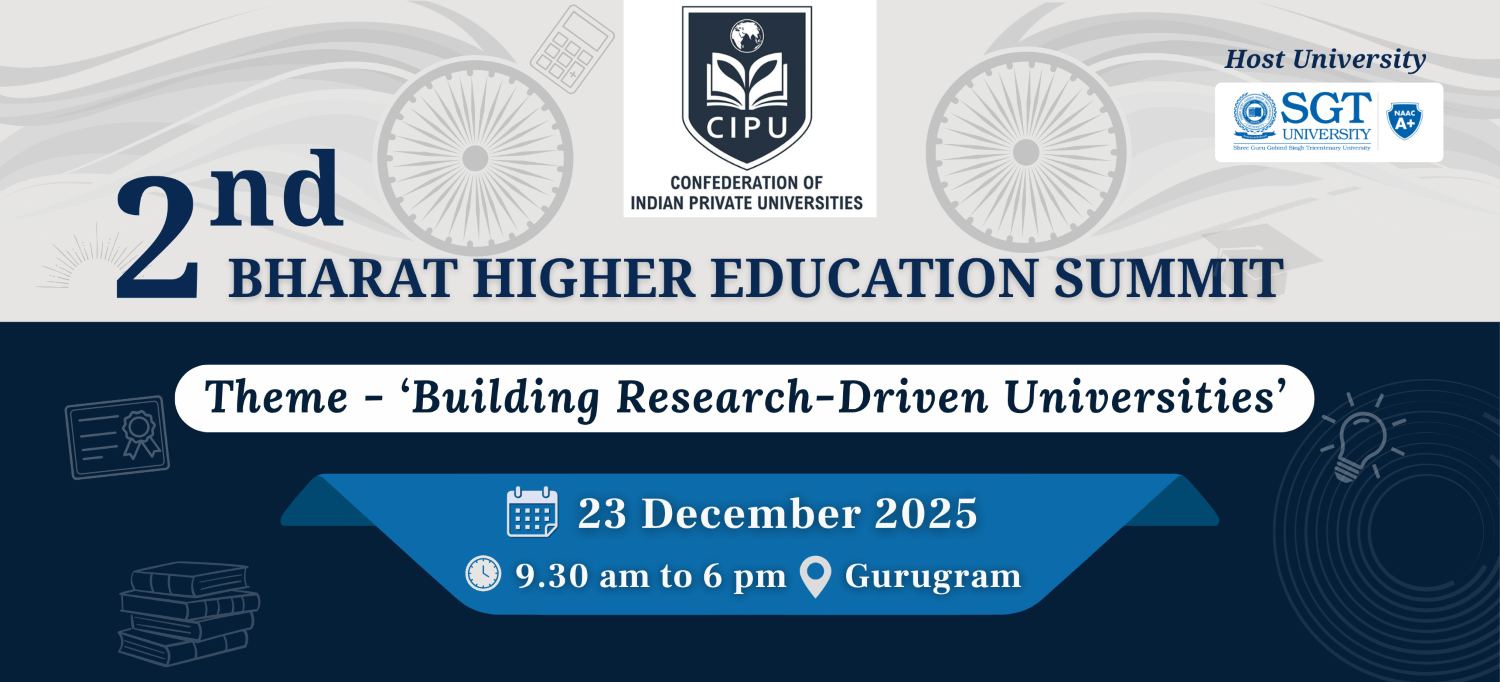1. As an academic leader in legal education, how do you view the evolving role of law schools in shaping a just and equitable society in India?
In the current scenario, it is expected of law schools to go beyond their traditional role of producing legal professionals and embrace their function as a social institution. Indian society is pluralistic and constitutionally driven, and legal education has the power to nurture not only legal acumen but also constitutional morality, as is the focus of the New Education Policy 2020. Law schools can play a significant role in highlighting and addressing certain societal issues such as prevention of infringement of rights of marginalized communities, access to justice, environmental sustainability, and digital ethics. This can be done through reforms in curriculum and institutional culture. They should foster a pedagogy that is rooted in critical inquiry, public service, and experiential learning. It is only then that legal education can truly contribute to a just and equitable society.
2. What are some pressing challenges that legal education institutions face today, and how can they be addressed collectively by stakeholders?
The foremost challenge is the uneven quality of legal education across institutions. While National Law Universities (NLUs) and some private universities are innovating, the vast majority of law colleges struggle with foundational gaps. Even certain well-established, premier law schools face issues such as faculty shortages, regulatory overlaps, outdated curricula, and infrastructural deficiencies.
There is also a pressing need to harmonize the frameworks proposed by regulators such as the Bar Council of India and the University Grants Commission. Members of the Bar and the judiciary can actively collaborate with educational institutions to promote clinical legal education and outcome-based teaching. Academic leaders must take initiatives to encourage faculty development, while students should be engaged as co-creators in the learning process, bringing real-time feedback into curriculum design and pedagogy.
3. In your opinion, how can interdisciplinary approaches enhance the quality and relevance of legal education in the 21st century?
Law is a discipline that cannot be taught in isolation. Prior to the introduction of the integrated five-year degree course, the LL.B. was a postgraduate program, accessible only after completing a bachelor's degree in another subject. This reflects the belief that understanding law requires familiarity with other disciplines, as legal problems increasingly intersect with public health, environmental studies, economics, behavioural psychology, and now, data science.
For examples, Corporate law students must understand finance, governance, and sustainability; criminal law cannot be meaningfully explored without insights into sociology, mental health, and digital forensics. Similarly, constitutional law must be read with political theory, media ethics, and technology Interdisciplinary approaches, therefore, sharpen analytical skills and produce legal professionals who are not just legally sound but socially literate and solution oriented.
4. With the increasing use of technology in education, how do you foresee the integration of legal tech in law school curricula and research?
Technology must not be viewed merely as a tool for online delivery but as a substantive part of legal education itself. The rise of legal analytics, artificial intelligence in dispute resolution, e-courts, and digital governance demands that students are trained in the fundamentals of legal technology. Faculty development in this domain is crucial, as is investment in digital infrastructure and pedagogic training.
5. What policy-level or structural reforms do you believe are necessary to transform legal education in India for the next decade?
Several reforms are overdue:
- Decentralized yet accountable regulatory framework: A single-window system for accreditation and curriculum standards, specific to law.
- Implementation of NEP 2020 in spirit, not just form: Especially by promoting outcome-based learning, credit mobility, and interdisciplinary pathways. NEP also proposes that "legal education must be informed and illuminated with constitutional values of justice—social, economic, and political—and directed towards national reconstruction through instrumentation of democracy, rule of law, and human rights." The curriculum must be designed and delivered in a way that this objective is fulfilled.
- Faculty recruitment reforms: These should balance academic qualifications with professional experience and ensure adequate faculty strength so that teachers are not overburdened. This will improve the quality of teaching and research in law schools.
- Funding mechanisms that support legal research with societal impact—especially in regional languages and grassroots justice issues.
- Mandatory clinical legal education, with linkages to legal aid, public policy, and technology clinics.
- Integration of legal education with access to justice missions, especially for rural and underrepresented populations.
Legal education must be reimagined, keeping in mind that it produces not only skilled legal practitioners but also ethical, reflective, and socially conscious individuals. (NEP, 2020)
Linkedin Profile: https://www.linkedin.com/in/dr-krati-rajoria-58082686/?originalSubdomain=in




